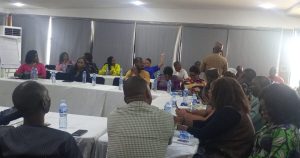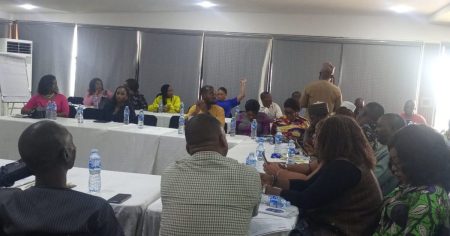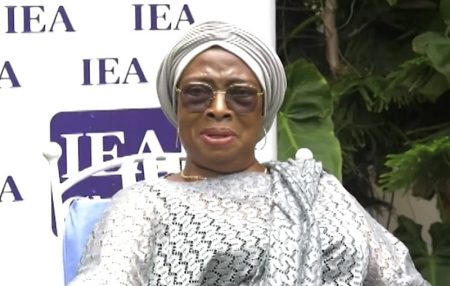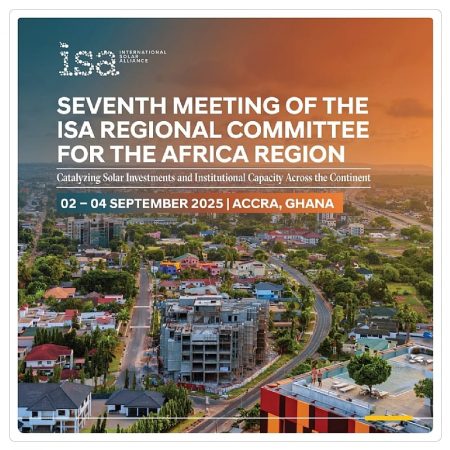The ongoing by-election in Akwatia, Eastern Region, has been marred by allegations of vote-buying, with some residents openly declaring their intention to abstain from voting unless they receive monetary inducements from the contesting political parties. This blatant expectation of financial compensation for participation in the democratic process has raised serious concerns about the integrity of the election and the vulnerability of the electoral system to manipulation. The situation highlights the deeply entrenched culture of monetized elections in the area, where voters have become accustomed to receiving cash handouts from politicians seeking their support. This practice not only undermines the principles of free and fair elections but also raises questions about the genuine representation of the constituents’ interests.
The residents’ unapologetic pronouncements about their refusal to vote without financial incentives underscore the normalization of this unethical practice. They view the exchange of money for votes as an established tradition, a routine part of the electoral process. This perception reflects a disturbing disconnect between the electorate and the fundamental purpose of elections, which is to choose representatives who will genuinely serve their interests. Instead, the focus has shifted to immediate personal gain, with voters prioritizing short-term financial benefits over the long-term implications of electing potentially unqualified or corrupt officials. This transactional approach to voting perpetuates a cycle of patronage and undermines the development of a healthy democratic culture.
The heavy security presence deployed for the by-election, intended to ensure a free and fair process, has inadvertently disrupted the usual flow of cash from politicians to voters. This disruption has led to complaints from some residents, who express disappointment at not receiving the expected financial inducements. Their grievances highlight the extent to which vote-buying has become ingrained in the local political landscape. The fact that voters feel entitled to these payments and openly express their frustration at not receiving them demonstrates the urgent need for comprehensive electoral reforms and voter education initiatives to address this deeply rooted problem.
The by-election, triggered by the death of the incumbent Member of Parliament, has become a fiercely contested battleground between the New Patriotic Party (NPP) and the National Democratic Congress (NDC). While both parties have pledged to conduct clean campaigns and uphold the integrity of the electoral process, the reports of vote-buying suggest that these commitments are not being translated into practice on the ground. The situation in Akwatia underscores the challenges faced by the Electoral Commission and security agencies in enforcing electoral laws and preventing vote-buying, particularly in areas where this practice has become deeply entrenched.
The open declarations by residents regarding their intention to abstain from voting unless they receive money raise serious concerns about the credibility of the by-election’s outcome. If a significant number of voters withhold their participation due to the absence of financial incentives, the election results may not accurately reflect the genuine preferences of the electorate. This could lead to the election of a candidate who does not enjoy the genuine support of the majority of constituents, further undermining the democratic process. The situation calls for urgent action to address the underlying causes of vote-buying and restore public trust in the electoral system.
The long-term consequences of monetized elections extend far beyond the immediate outcome of a single by-election. This practice erodes public trust in democratic institutions, discourages genuine political participation, and perpetuates a cycle of corruption and underdevelopment. When voters prioritize short-term financial gains over the long-term benefits of good governance, they create an environment where politicians are more likely to engage in corrupt practices once in office. This ultimately undermines the development of a responsive and accountable government that serves the interests of the people. The situation in Akwatia serves as a stark reminder of the urgent need for comprehensive electoral reforms, robust enforcement of existing laws, and sustained voter education programs to address the pervasive problem of vote-buying and promote a culture of ethical political participation.














